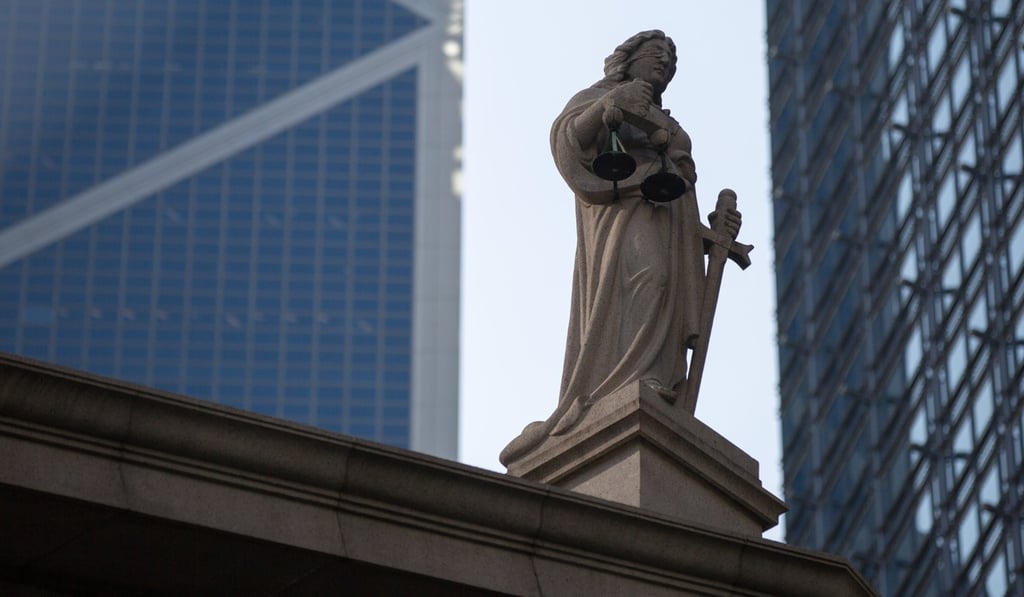Legal bump in the belt and road? A Mideast port giant, a Chinese rival and a Hong Kong lawsuit over a Djibouti deal
- China Merchants Port Holdings accused of infringing port agreement of United Arab Emirates’ DP World with Djibouti
- Case to be heard in Hong Kong – a belt and road first

A lawsuit against China’s main state-owned port builder by the Middle East’s largest port operator in the tiny African nation of Djibouti – to be thrashed out in Hong Kong’s High Court – underscores the legal risks Beijing faces in its massive global infrastructure plan, the “Belt and Road Initiative”.
Usually, the obstacles to this effort to create the world’s largest platform for economic cooperation – Chinese President Xi Jinping’s plan for expanding the country’s influence abroad through a network of railways, roads, pipelines, and utility grids – have been related to financial or geopolitical issues.
Only last year under the new leadership of Malaysian Prime Minister Mahathir Mohamad, the Malaysian government halted two Chinese projects valued at US$22 billion.
The now-defunct projects have joined a list of scrapped or shelved belt and road schemes that includes dams in Nepal and Myanmar, and a power plant in Pakistan.

But the newest hitch in the effort to link China to Asia and beyond highlights a challenge to its perceived right to develop a port business in the African nation of Djibouti. In a first for the belt and road, Hong Kong’s High Court will be the venue for the brewing legal battle.
DP World, a global port operator owned by the United Arab Emirates, is suing Hong Kong-based China Merchants Port Holdings (CM Port), a unit of state-owned China Merchants Group, for allegedly infringing DP World’s exclusive port agreement with Djibouti, which sits on the Horn of Africa near some of the world’s busiest shipping lanes.